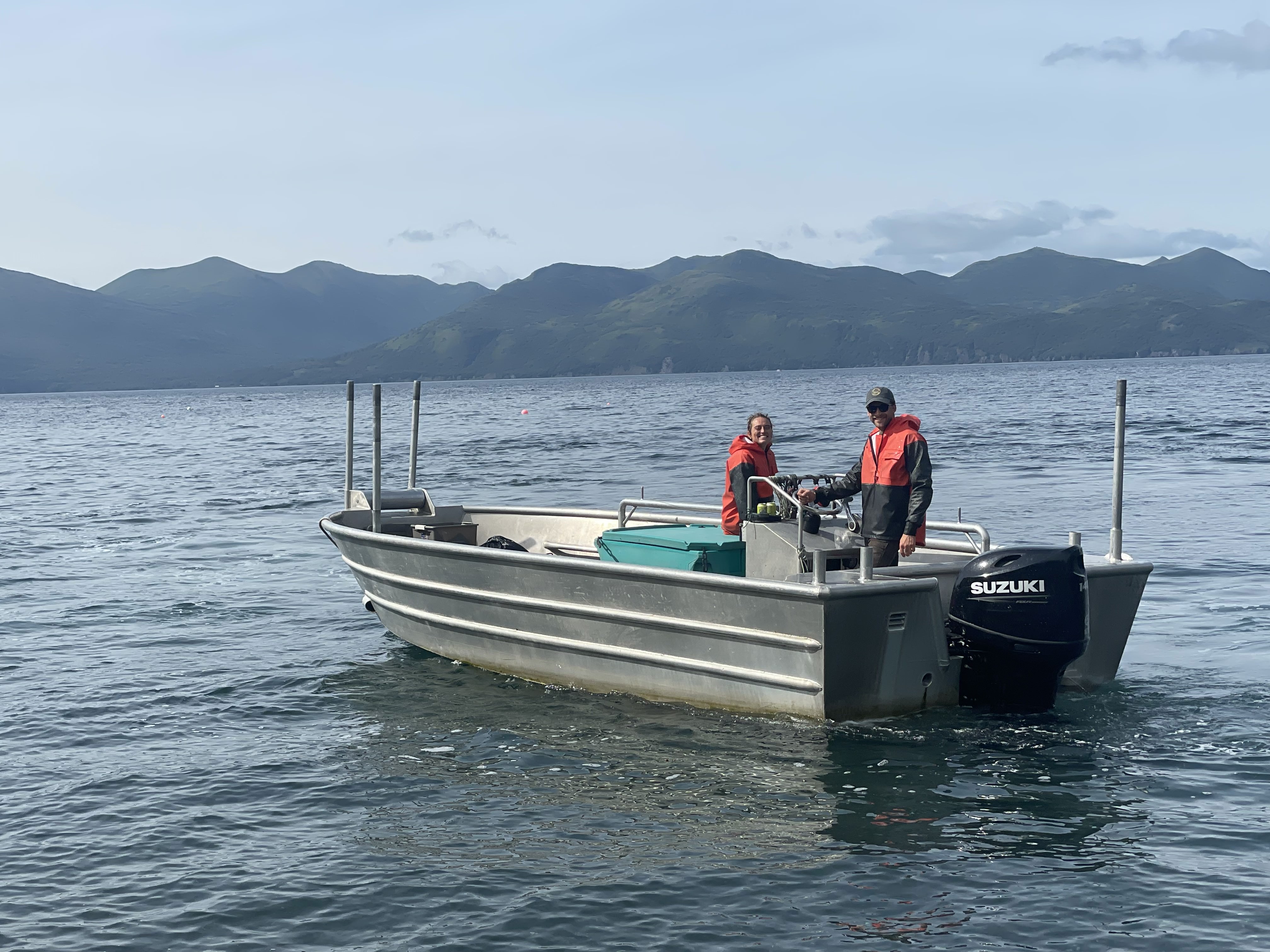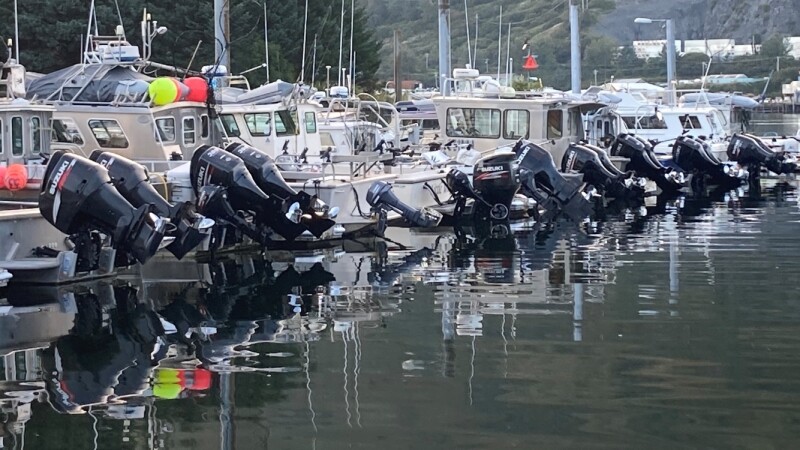Most commercial fishermen rely on inboard diesel power, but on every coast, some inshore fishermen still run and rely on gas-powered outboards. “People use Suzuki, Yamaha, and Honda, kind of the Ford, Chevy, Dodge of outboards,” says the owner of Water’s Edge Marine in Kodiak, Alaska, who prefers to be known simply as Suzuki Dave, which is a dead giveaway for the brand he deals with.

“I worked for a Suzuki dealer and learned to work on them. I think they’re a great engine, and when an opportunity came up to buy a dealership, I jumped on it.” Suzuki advertises its engines with its “lean burn” fuel economy as a big selling point. However, according to Dave, the biggest advantage of the Suzukis he sells to commercial fishermen is serviceability. “When it’s salmon season, and the set netters are catching fish, they can’t afford to lose days because of a breakdown,” says Dave. “I supply motors for many of the lodges here, and recreational boats make up most of my business, but that means I’m here with all the parts for the setnetters too. They run anything from 60 to the 200-hp, not the big V-6s so much.”
Another thing Dave likes about Suzuki is the company’s willingness to stand behind its products. “They do a lot of good faith support. If there’s a motor that is slightly past its warranty and something goes, they’ll work with the dealer and the customer to find a solution.”
On another thread, Dave mentions Suzuki’s efforts to reduce microplastics in the ocean. As part of Suzuki’s new Clean Oceans Program, new motors, such as the DF140, now have a microplastics filter in the cooling system that allows operators to harvest microplastics every time they use their motors. “I don’t know how much it helps in reality,” says Dave. “But it does something, and it doesn’t hurt, that’s for sure.”
Jeff Bassett, who works at two setnet sites on the west side of Kodiak with his wife Lauri, is on his third Suzuki. “I just got it, the DF140. It’s the second Suzuki I’ve bought from Dave,” says Bassett. “I’m interested to see what shows up in the micro-plastics filter in the cooling system. We rely on the health of our ocean, and the micro-plastics issue is concerning.”
Bassett says he gets about ten years out of a Suzuki motor. “That’s good; we work them hard. And I like the fuel efficiency. We burn less than $2,000 worth of fuel in a season.”
Bassett is committed to Suzuki to the point that he built his skiff around the profile of the motor. He also likes the service. “You could call me a Suzuki man, but one big reason is Dave. He’ll troubleshoot problems over the phone and send parts out. The engine I bought from him in 2014 was also a new design and had a problem with the engine control module. We figured it out, and he sent the part right out. I’ve never had to take an engine in. From here, that can be very expensive.”
As Suzuki Dave says, the different motor brands are pretty similar. What sells Suzuki on Kodiak is the service he provides.







